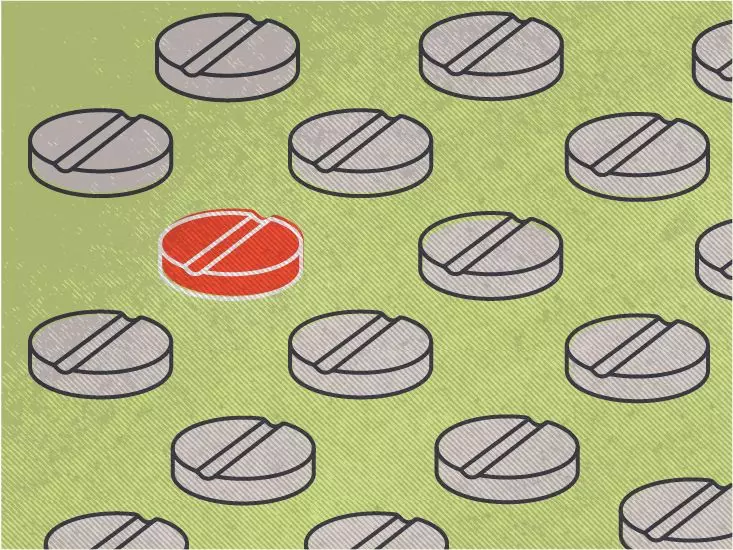When contemplating pregnancy while considering medications like Ojjaara, it is essential to understand the potential implications for both maternal health and fetal development. Various studies have indicated that while Ojjaara’s effects during pregnancy are not thoroughly understood, animal studies have shown concerning results. These studies demonstrated that the drug may cause fetal harm when administered to pregnant animals. However, one must approach these findings with caution, as animal models do not always translate to human outcomes.
It is imperative for individuals who are pregnant or planning to become pregnant to engage in discussions with their healthcare provider regarding the safety and implications of taking Ojjaara. Such conversations can help clarify any uncertainties and guide patients in making informed decisions about their treatment and its possible consequences on fertility and pregnancy outcomes.
An equally critical aspect of taking Ojjaara is its potential impact on fertility. Evidence from animal studies suggests that the medication might adversely affect fertility in both males and females. The implications of this can be significant for individuals and couples who desire to conceive. Therefore, if you have questions or concerns regarding how Ojjaara may influence your fertility, consulting with a healthcare provider should be a priority. This medical professional can provide the necessary insights and facilitate a discussion about alternative options or preventive measures that align with your family planning goals.
Birth Control Recommendations
For those who are sexually active and either partners can become pregnant, it is wise to consider effective birth control options while taking Ojjaara. Although the drug’s manufacturer does not provide specific recommendations regarding contraception for males, it is prudent that both partners engage in an open dialogue concerning prevention strategies. A healthcare provider can offer personalized advice on suitable birth control methods that ensure both parties are adequately protected during treatment.
Most healthcare professionals will likely advise using contraception while on Ojjaara and for a duration of at least one week following the final dose. This recommendation serves to mitigate the risk of unintended pregnancies during a period when the medication’s effects and safety are still uncertain.
Another vital area of consideration is breastfeeding. Current guidelines suggest that nursing mothers should refrain from breastfeeding while undergoing treatment with Ojjaara as well as for one week after completing the regimen. For individuals who are currently breastfeeding or planning to start, it is crucial to consult a healthcare professional. This consultation can help explore alternative feeding options that minimize risks to the infant while ensuring that the mother’s health is supported during treatment.
Taking medications like Ojjaara while navigating the complexities of pregnancy, fertility, and breastfeeding requires diligent consideration and consultation with healthcare professionals. Engaging in informed discussions can lead to suitable strategies that prioritize both maternal health and potential child outcomes.

